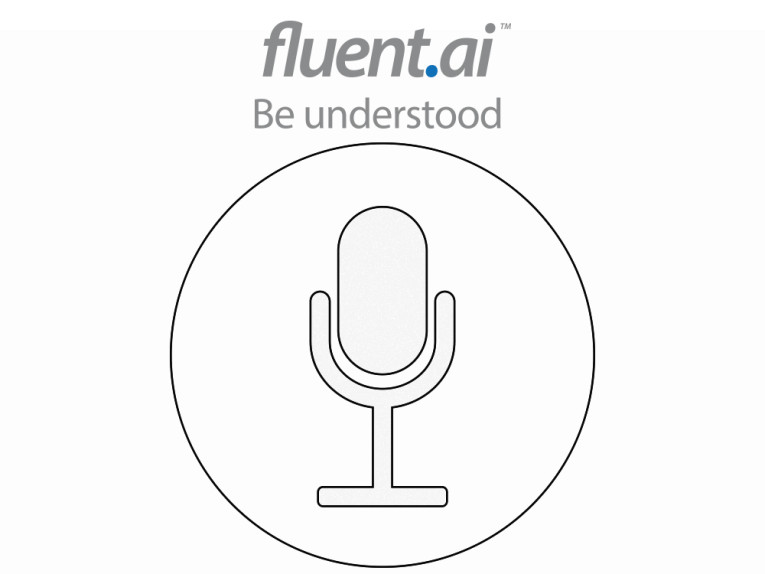
“Fluent.ai can voice-enable the world’s devices in a way that accurately understands the user regardless of language, accent, speech impediment or background noise,” claims Niraj Bhargava, CEO of Fluent.ai. “With our new flexible and scalable FaaS platform, development teams of any size can implement a voice interface capability specific to their needs, quickly, with AI modules that update in real time through the cloud.”
Fluency-as-a-Service (FaaS) builds on Fluent.ai’s patented artificial-intelligence product, the Fluent AI Engine. This enterprise-grade voice interface uses sophisticated neural network and machine-learning technologies to learn language on the fly like children do – by learning to associate a specific sequence of sounds with an intended command or action. This makes Fluent AI the first entirely acoustic voice interface – eliminating the complex and often inaccurate step of converting speech to text, typical of AI voice assistants and speech-recognition systems.
While the service and software are available securely from the cloud, the voice recognition technology can also be downloaded and employed off-line without an Internet connection. According to the Canadian company, independent software developers, OEMs and integrators, and service providers, such as those that want to add automated and multilingual voice response capability to their customer service or call centre operations, will be able to access and implement Faas.
Conventional speech-recognition systems require months, even years, to develop support for additional languages or accents. It takes thousands of speech hours and hundreds of speakers to program a single language or accent. This scale of effort is required regardless of the application.
“Because it bypasses text transcription, Fluent.ai has gone where traditional speech recognition can’t, to break down the barriers that limit voice user interface adoption,” says William Tunstall-Pedoe, AI entrepreneur, Evi Technologies founder (acquired by Amazon) and strategic advisor to Fluent.ai. “Highly accurate and reliable voice enablement can be embedded in a device in a matter of weeks. This makes FaaS ideal for customer-service applications and smart devices for the Internet of Things, where specific commands are required for a given context.”
FaaS is now available through a monthly subscription model for OEMs, developers, integrators and service providers. Its key features include automated model building and performance tuning, data collection, analytics, and the ability to quickly add dialects, language and personalization.
Fluent.ai has already partnered with companies such as Design 1st (www.design1st.com), one of the largest and most experienced independent product-design firms in Canada, KaiOS (www.kaiostech.com) a phone and IoT device manufacturer, on the first FaaS deployments.
Fluent.ai will attend CES 2018 to promote its new wake phrase solutions for voice-enabled devices.
www.fluent.ai






